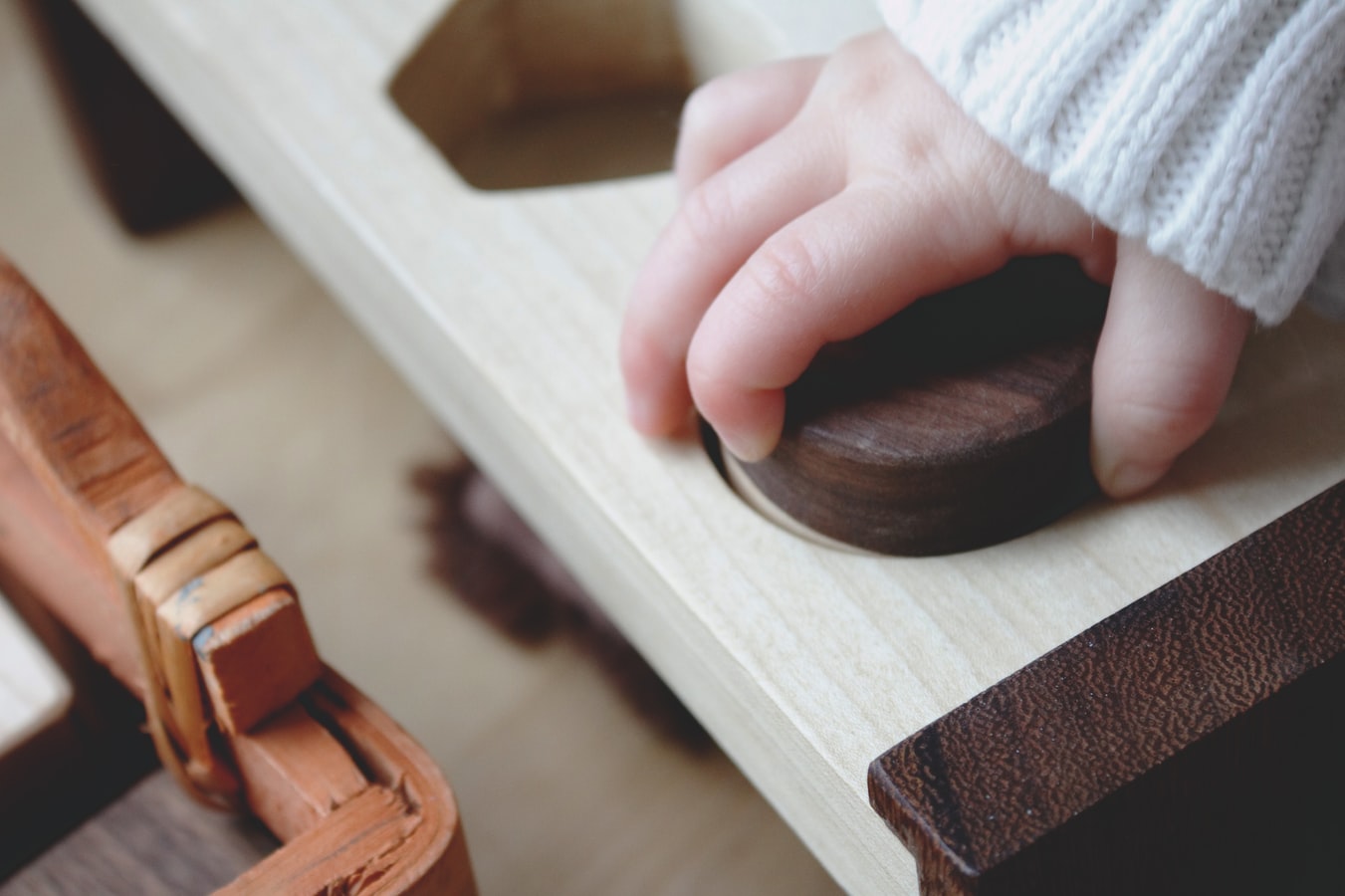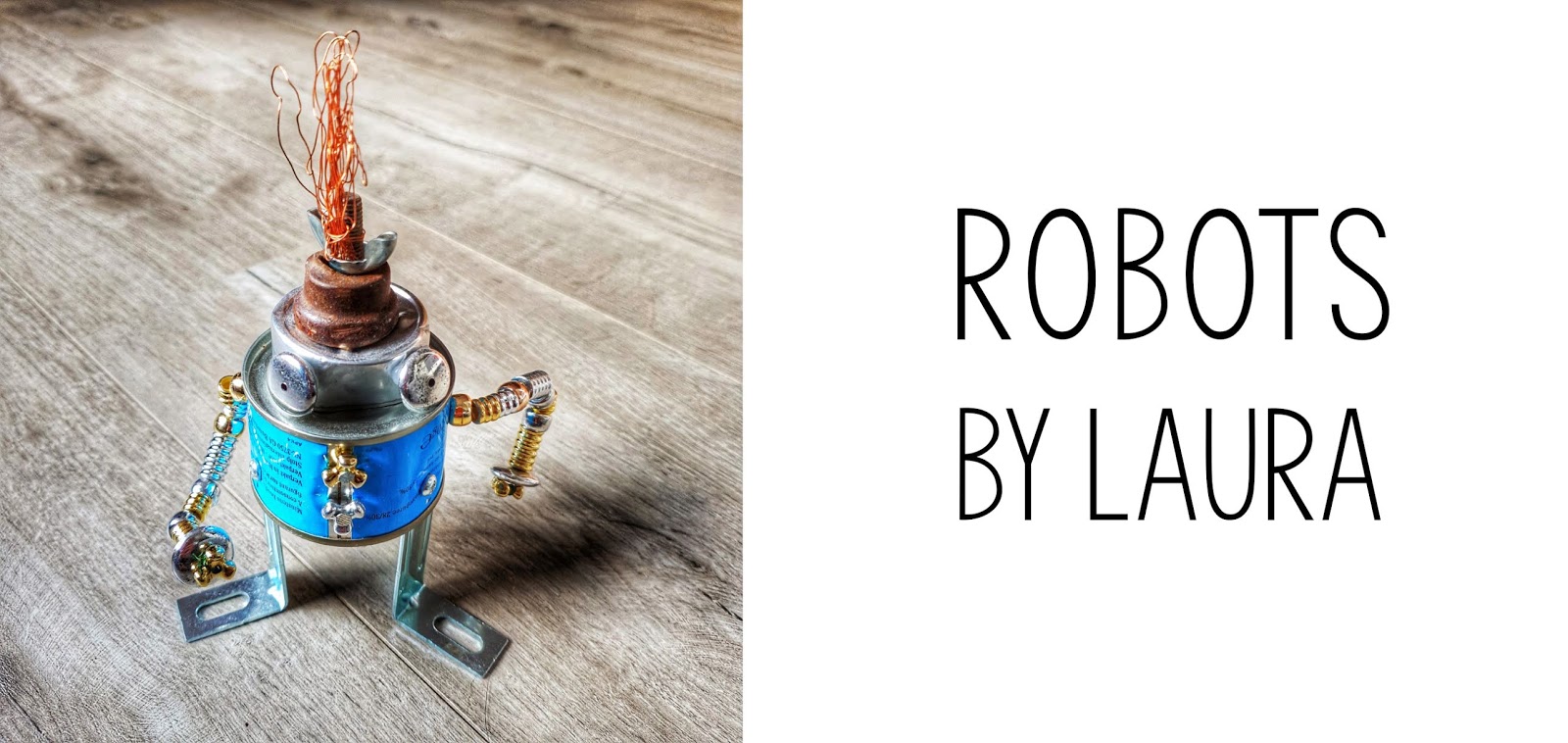Reggio Emilia
I went to visit the Antwerp International School in Ekeren where a teacher shared her knowledge about the Reggio Emilia approach. This was so inspiring that I wanted to share their philosophy.
Their philosophy
The Reggio Emilia Philosophy is an innovative and inspiring approach to early childhood education, which values the child as strong, capable and resilient; rich with wonder and knowledge. The Philosophy rides on the coattails of the innate curiosity of children and aims to assist them with understanding their world and who they are in it.
Started by parents in Reggio Emilia, Italy after World War II, the parents believed that a new better approach to teaching their children was required. The program they developed emphasised respect, responsibility and community involvement. Children are allowed to explore and discover in a supportive and rich environment, where the curriculum is created around the children’s interests.
First, It is important to realise that the Reggio Emilia philosophy is simply that – a philosophy. Education centres that are guided by it are not ‘Reggio Emilia accredited’ as there is no formal process for this. The philosophy simply guides the decisions of teachers in how they approach education.
The three core principles of the Reggio Emilia philosophy:
1.The Child:
The Reggio Emilia philosophy values the child as central to their own learning, not simply an empty vessel waiting to be filled with knowledge. Children are able to pursue their own interests and revisit and build upon ideas at their own pace. Children have multiple ways of thinking, playing, exploring, speaking and doing. The Reggio Emilia approach encourages children to use every tool they have to express themselves.
2.The Environment
A Reggio-inspired environment is open and free-flowing. It enables uninterrupted exploration, play and learning. Outdoor spaces are valued just as highly as formal classrooms, and the design of the space should allow children to move freely between the two. In addition, it is important that children have free access to stimulating resources, as they cannot be the owner of their learning journey without this.
3.The Teacher
Teachers are encouraged to observe children rather than to direct them. It is important that children are allowed to experiment in their own way, make mistakes and find new solutions. The role of the teacher is to gently move students towards areas of interest to them, and this can only be done through careful observation carried out over time.


Comments
Post a Comment